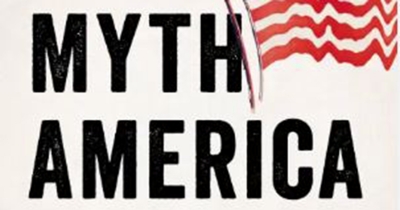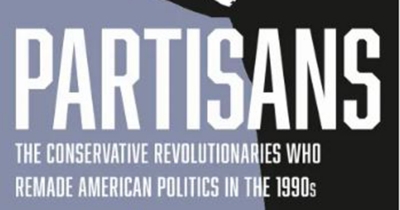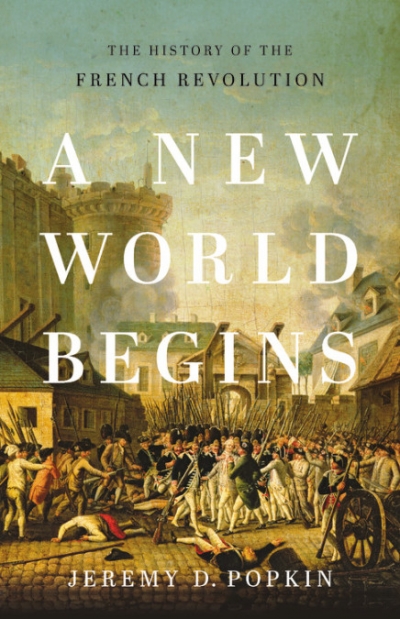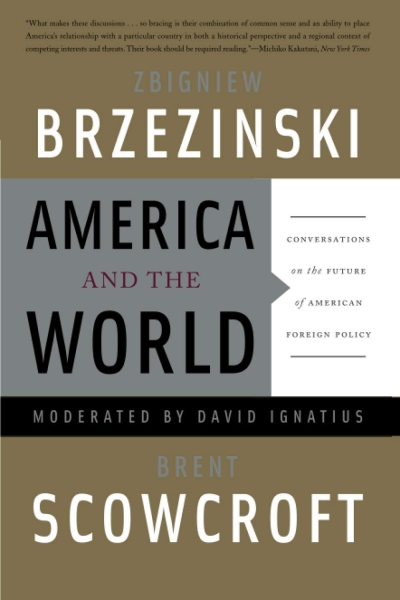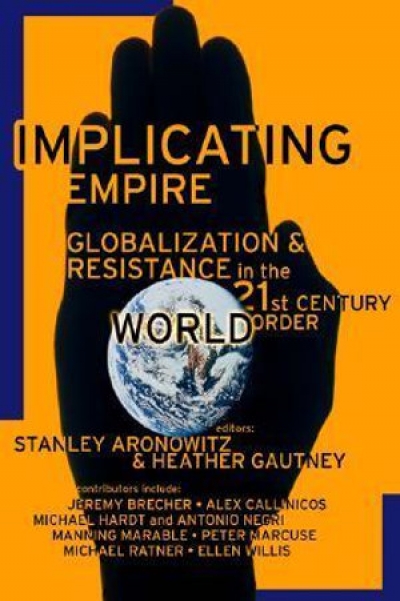Basic Books
Myth America: Historians take on the biggest legends and lies about our past edited by Kevin M. Kruse and Julian E. Zelizer
Partisans: The conservative revolutionaries who remade American politics in the 1990s by Nicole Hemmer
by Dominic Kelly •
A New World Begins: The history of the French Revolution by Jeremy D. Popkin
by Peter McPhee •
America and the World: Conversations on the future of American foreign policy by Zbigniew Brzezinski and Brent Scowcroft, moderated by David Ignatius
by Hugh White •
Implicating Empire: Globalization and resistance in the 21st century world order edited by Stanley Aronowitz and Heather Gautney
by Peter Beilharz •

